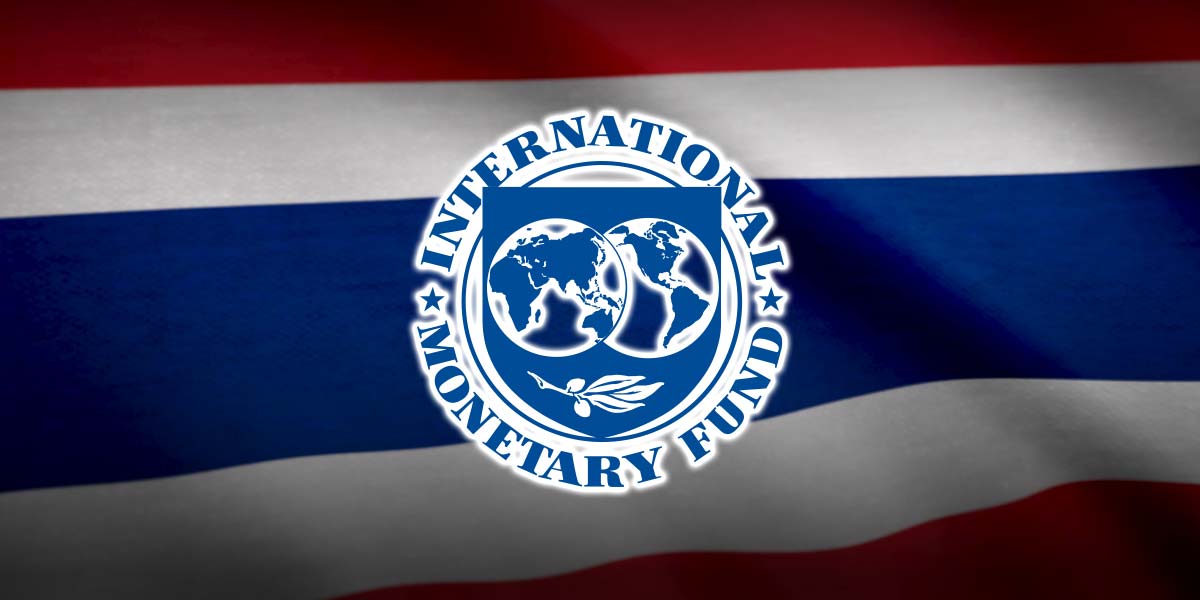The global economy remains “resilient” despite persistent uncertainty stemming from rising public debt, market volatility, and geopolitical tensions, according to the latest assessments by the International Monetary Fund (IMF) and the World Bank.
The IMF outlined three key policy priorities for global leaders: strengthening fiscal positions, restoring internal and external economic balance, and boosting long-term growth through innovation, technology, and artificial intelligence (AI). Meanwhile, the World Bank reaffirmed its mission to create jobs for over 1.2 billion new workers over the next 10–15 years, focusing on infrastructure investment, private sector financing, and policy development.
IMF Flags Thailand’s Slowing Growth
Amid a broadly stable global outlook, the IMF issued a strong warning about Thailand’s economic trajectory, describing it as entering a period of “slow growth.”
The Fund projects Thailand’s GDP to expand by 2.0% in 2025 before slowing sharply to 1.6% in 2026.
If structural weaknesses persist, the IMF cautioned that Thailand could slip from being ASEAN’s second-largest economy to fifth place by 2030—lagging behind Vietnam and Indonesia.
The Fund identified several key domestic challenges: declining private investment, high household and public debt, and political instability leading to policy inconsistency. It urged Thailand to accelerate structural reforms, emphasizing fiscal discipline, higher labour productivity, and the creation of a technology- and innovation-driven economy.
Thailand Reaffirms Fiscal Stability and Reform Commitment
In response, a Thai delegation led by Deputy Finance Minister Vorapak Tanyawong attended the 2025 IMF–World Bank Annual Meetings in Washington, D.C., reaffirming Thailand’s commitment to macroeconomic stability across all dimensions.
The delegation highlighted Thailand’s Fiscal Consolidation Policy, aimed at achieving sustainable fiscal health by balancing short-term economic stimulus with long-term revenue and expenditure management, ensuring public debt remains within prudent limits.
Thailand also stressed its focus on job creation, improving the business environment to attract investment, and upskilling the workforce to meet the demands of the AI-driven economy.
Bangkok to Host 2026 IMF–World Bank Annual Meetings
Looking ahead, Thailand is set to host the 2026 IMF–World Bank Annual Meetings in Bangkok from October 12–28, 2026—an event expected to attract around 12,000 participants.
This hosting opportunity is viewed as a strategic platform for Thailand to showcase its potential as a regional economic and financial hub and to play a more active role in shaping global economic policy amid growing global uncertainty.
The Cabinet has approved a budget of approximately 2.34 billion baht for preparations spanning fiscal years 2024–2027. Additionally, Thailand reaffirmed its support for regional financial cooperation mechanisms, including the Chiang Mai Initiative Multilateralisation (CMIM), to enhance regional resilience against external shocks.





